Tankless vs Tank Water Heater: Which is Right for Your Seaside Home?
When choosing a water heater for your home, you can go with either a tank or a tankless model. We'll explain both types, considering factors like cost-effectiveness, maintenance, installation, and how long they last. With this knowledge, you'll be able to make a smart decision. If you need more help, just ask!

What is a storage tank water heater and how it works?
Storage tank water heaters are commonly found in homes and businesses. They operate by storing water in a tank and heating it for use when needed. The water is heated by either heating elements or burners within the tank, and it can be drawn through a faucet or other outlets. The tank is insulated to minimize heat loss and maintain the desired temperature. While tankless water heaters have gained popularity in recent years, storage tank water heaters remain a reliable and cost-effective option for many people.


Benefits of a tank water heater
Tank water heaters offer many benefits:
Cost-effective alternative to tankless models, with lower upfront acquisition and installation costs.
Larger storage capacity provides a reliable and continuous supply of hot water for homeowners.
Experience fewer malfunctions compared to tankless models, enhancing reliability.
Lower maintenance costs result in potential savings on repair expenses over time.

What are the drawbacks of a tank water heater?
Tank water heaters come with a few disadvantages:
Space requirements: Tank water heaters take up more space compared to tankless heaters, which can be a disadvantage for homes with limited space availability.
Energy efficiency: Older models of tank water heaters are typically less energy efficient, resulting in higher utility bills over time.
Limited lifespan: Tank water heaters generally have a lifespan of 8-12 years, whereas tankless systems can last up to 20 years, making tankless heaters a more durable option.
Inconvenience of running out of hot water: When the hot water in the tank is depleted, it can take a significant amount of time to reheat, causing inconvenience for homes with high hot water usage or multiple users.

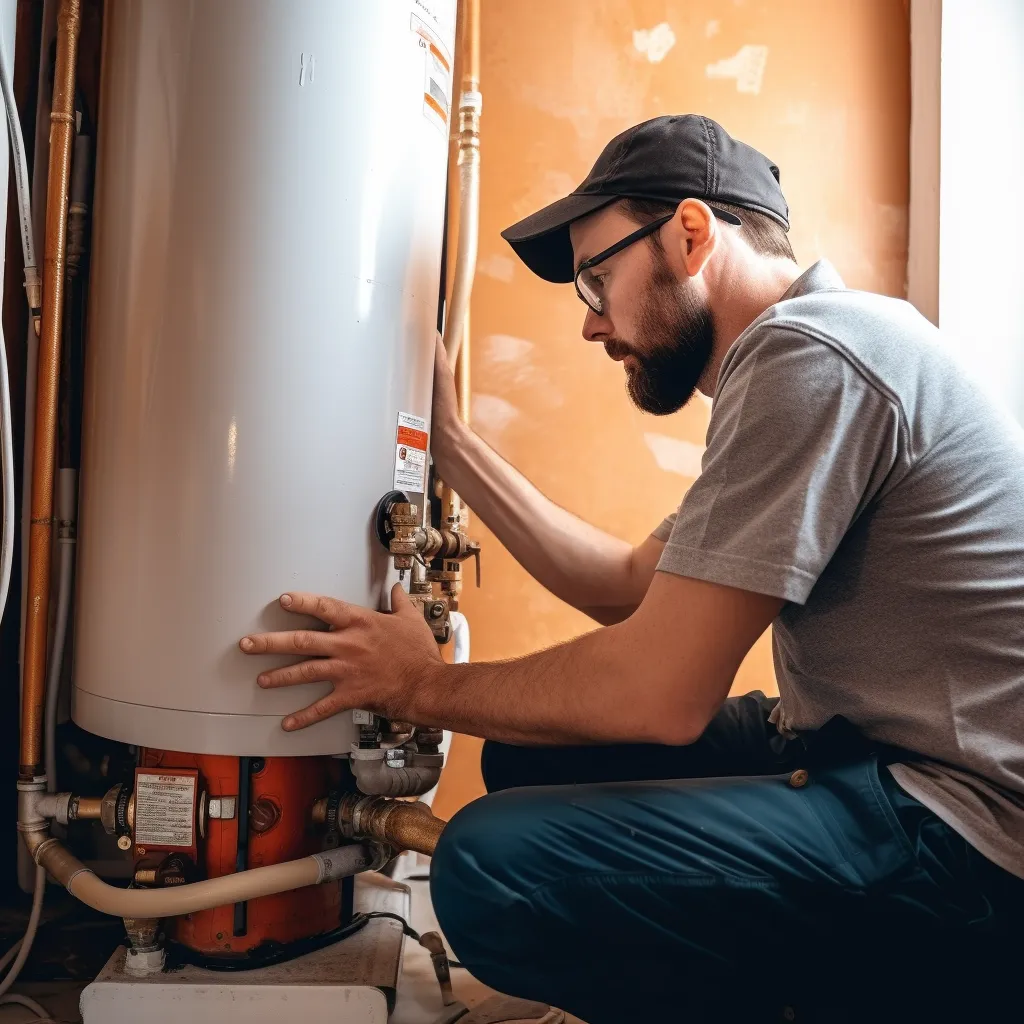
What is a tankless water heater and how does it work?
Tankless hot water heaters provide an ideal solution for on-demand hot water. Unlike traditional models, they heat water as it flows through the unit, eliminating the need for a bulky storage tank. This allows you to enjoy instant hot water whenever you need it. Here's how they work: When you turn on the hot water faucet, cold water enters the unit and passes through a heat exchanger. The heat exchanger quickly heats the water, allowing you to receive hot water directly from the faucet without any delay.
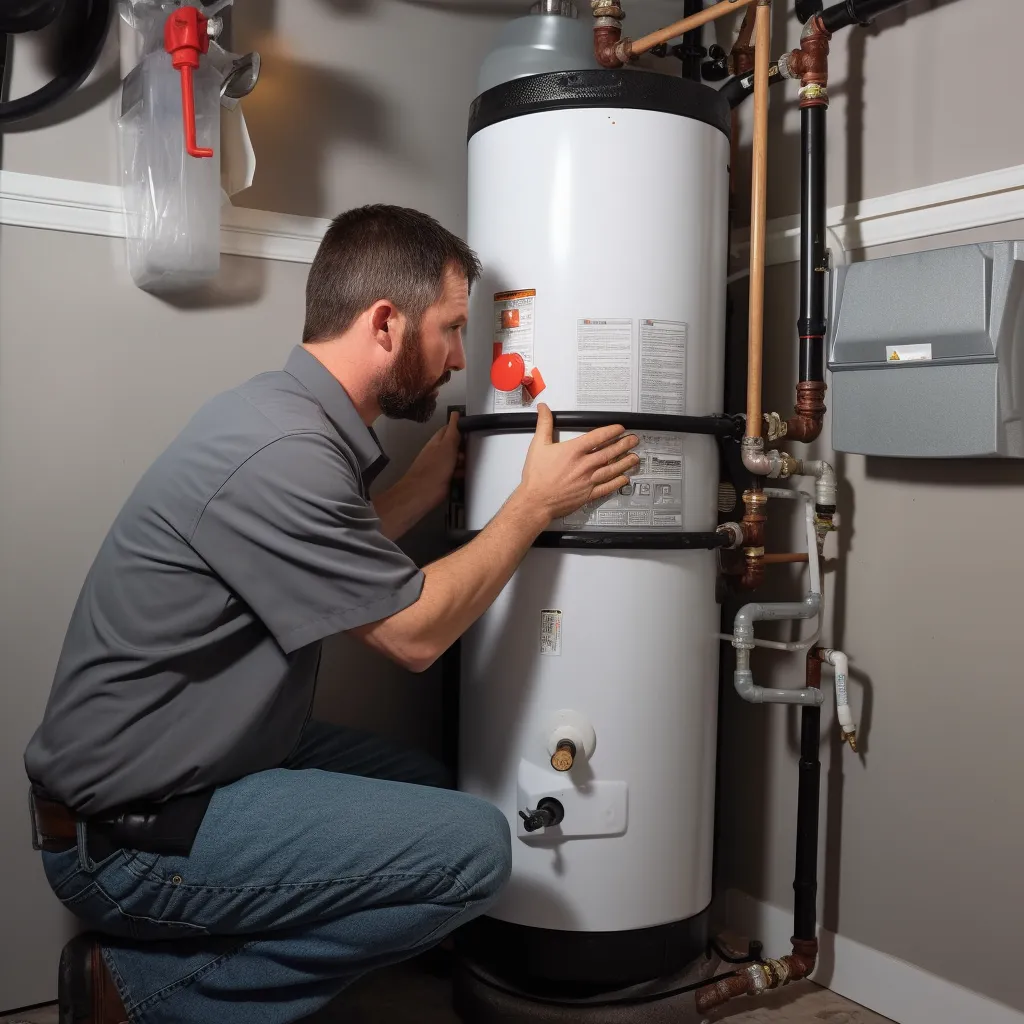
What are the benefits of a tankless water heater?
Tankless water heaters have gained popularity among homeowners nationwide due to their numerous benefits, including:
Energy-efficient: They reduce utility bills and provide energy savings.
Endless hot water supply: Hot water is available on demand.
Space-saving: They require less space compared to traditional tank water heaters.
Longer lifespan: Tankless water heaters typically last 15-20 years, longer than traditional tank models.
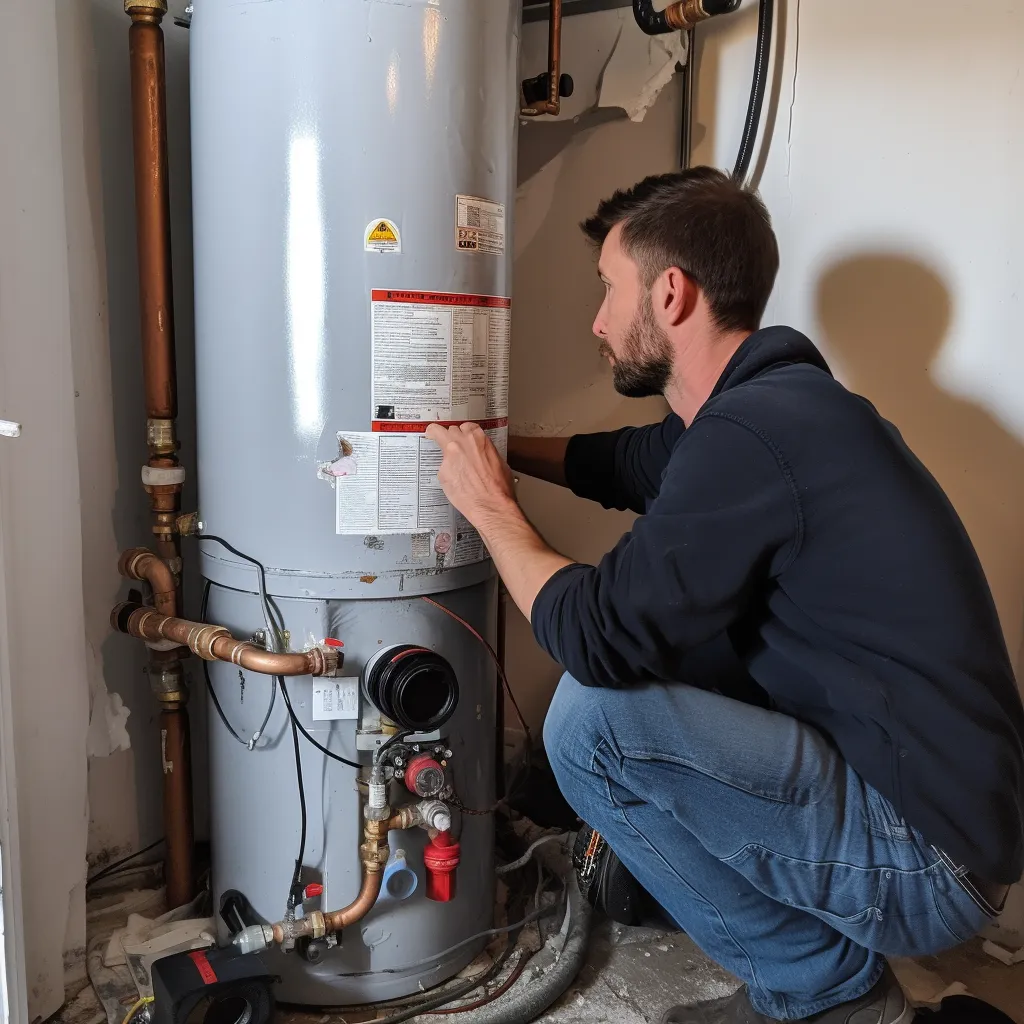
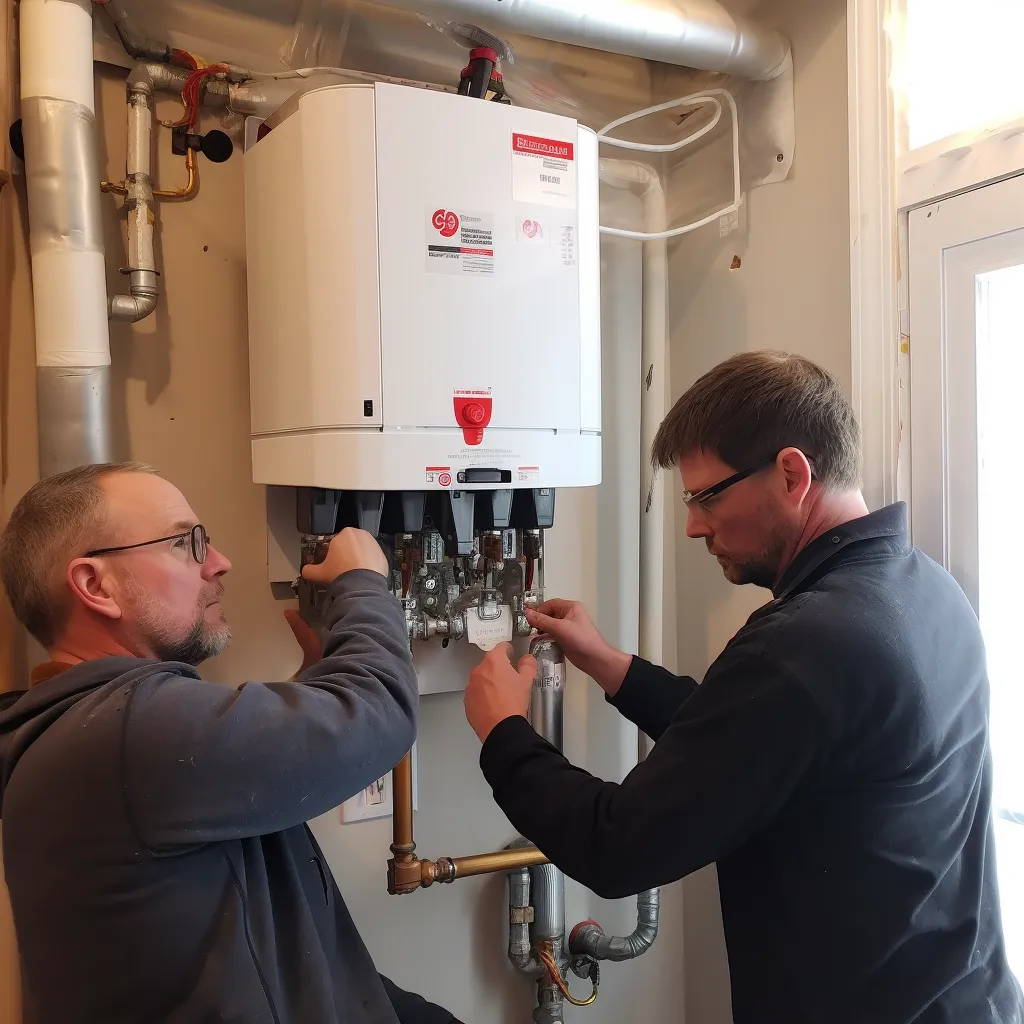
What are the disadvantages of a tankless water heater?
Tankless water heaters come with a few downsides:
Higher upfront cost compared to traditional tank water heaters.
Potential limitations on flow rate, especially when multiple hot water outlets are used simultaneously.
Specialized installation and maintenance requirements, often requiring professional assistance.
Possibility of experiencing the "cold water sandwich effect," a brief burst of cold water between hot water usage.

Are storage tank water heaters energy-efficient?
Traditional water heaters with storage tanks are known for their energy consumption as they continuously heat water, even when not in use, making them less energy-efficient. However, newer tank models have improved insulation and heating features, resulting in increased energy savings. While they may not be the most environmentally friendly option, they remain a reliable and practical choice for many households.

Are tankless water heaters energy-efficient?
Tankless water heaters are popular due to their energy-saving properties and affordability. They can be up to 34% more energy-efficient than traditional tank-based models, as they only heat water on demand. This reduces energy consumption and costs in the long run, making them a practical choice for homeowners.
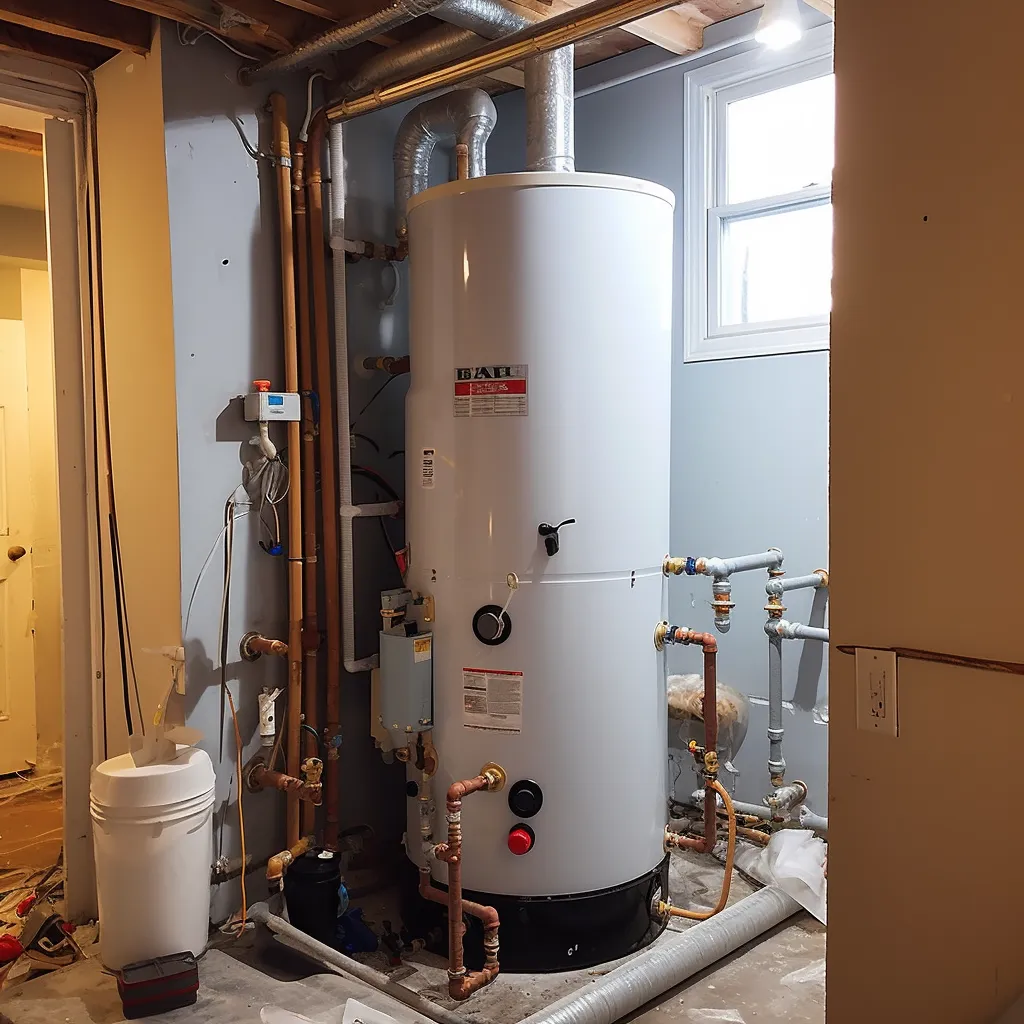
Cost to buy and install
a tank water heater
The cost of tank water heaters varies based on size and type. On average, prices range from $500 to $2,000. However, opting for a more advanced model with additional features can increase the overall expense. Installation costs can reach up to $1,500, depending on local labor rates and plumbing conditions in your home. It's important to consider that a dedicated electrical circuit and a reliable gas line are required for installation. Additionally, selecting a tank size that matches your household's hot water needs is crucial to ensure an adequate supply for everyone in your household.

Cost to buy and install
a tankless water heater
Tankless water heaters are generally more expensive than traditional models, with prices ranging from $1,000 to over $3,000. The installation costs can range from $500 to $2,000, depending on factors such as your home's plumbing system and local labor rates. Unlike traditional water heaters, tankless units operate without a storage tank and require a larger gas line and an electricity source. It's important to ensure that your home's infrastructure can accommodate the higher energy demand of the tankless system. Additionally, selecting the appropriate unit size based on your household's hot water needs is crucial for optimal performance.


Common storage tank water heater maintenance issues
Storage tank water heaters come with several common maintenance issues:
A leaking tank can lead to water damage and necessitate costly repairs. Regular inspection is essential to identify and address any leaks promptly.
Corrosion can occur in the tank or its components, reducing the system's efficiency and potentially resulting in expensive repairs or even replacement.
Sediment buildup: Over time, sediment can accumulate in the tank, diminishing heating efficiency and potentially causing damage to plumbing fixtures.
Incorrect installation of tank water heaters can pose safety hazards, such as gas leaks or electrical shorts. It is crucial to have a professional plumber perform the installation to ensure proper safety measures are followed.
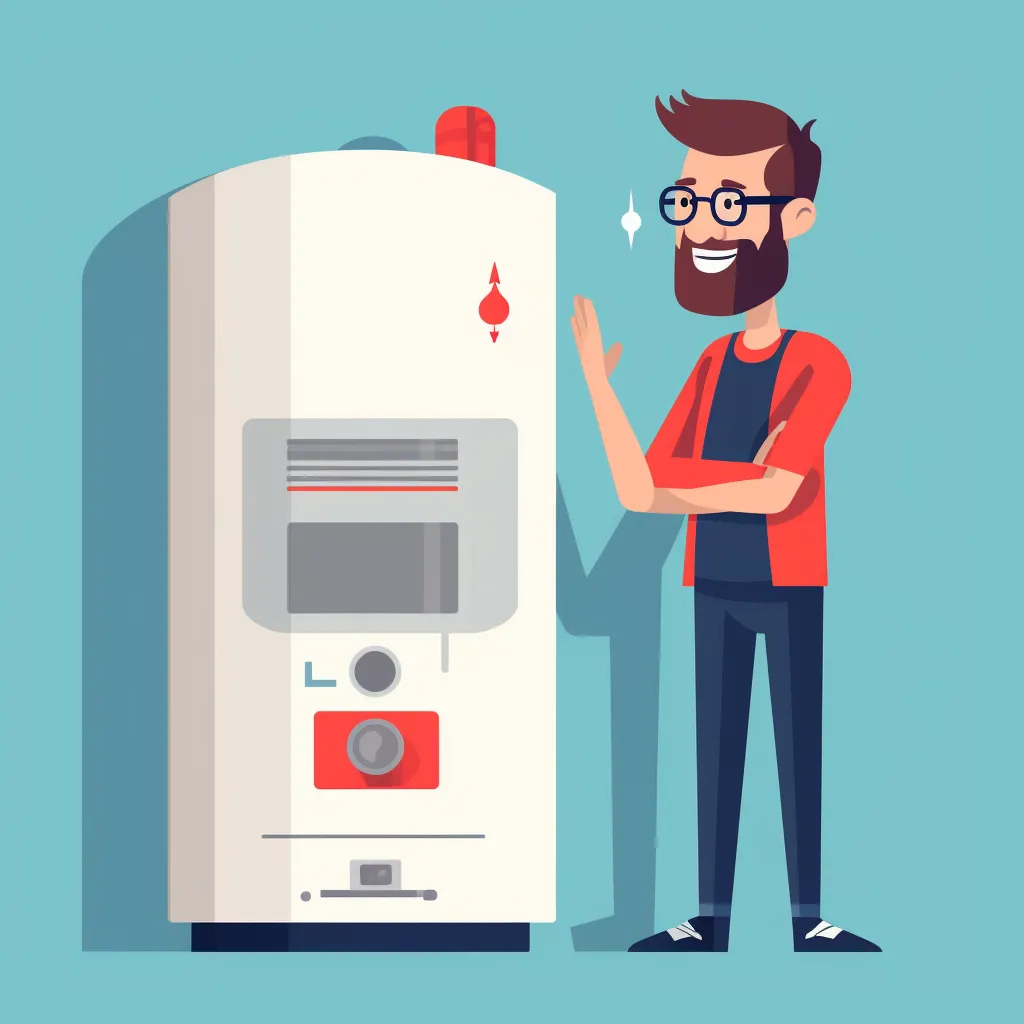
Common tankless water heater maintenance issues
Tankless water heaters are not immune to maintenance issues:
Like tank-based systems, tankless water heaters can experience sediment buildup, leading to decreased efficiency and potential damage.
Hard water can cause scale buildup in the heater, reducing its performance and lifespan. It is important to address this issue through descaling procedures recommended by the manufacturer.
Tankless water heaters require a higher electrical capacity compared to traditional heaters.
Tankless water heaters typically require a larger gas line. It is important to ensure that the gas line is securely installed and free from leaks to maintain proper functionality and safety.
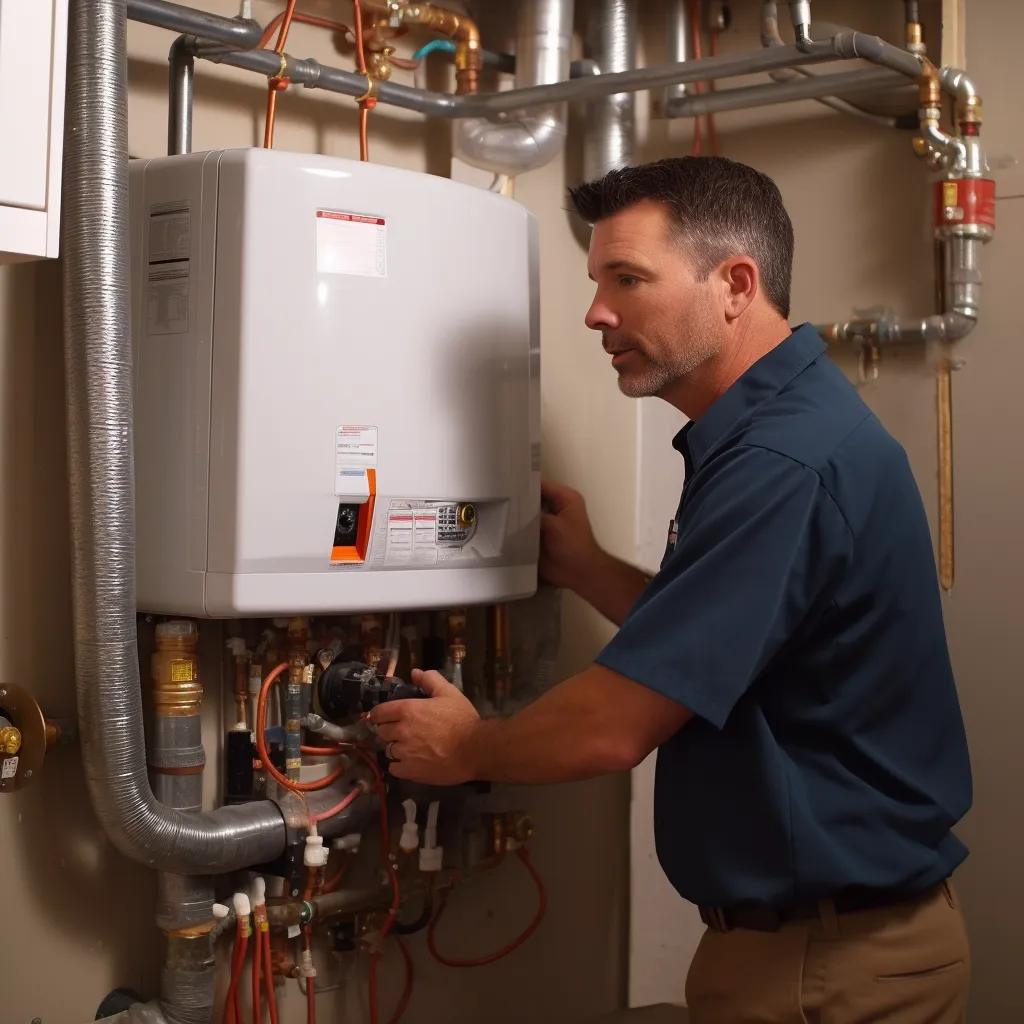

What is the lifespan of a tank water heater?
Tank water heaters typically last 8-12 years, but it varies based on usage, quality, and maintenance. Signs such as rust-colored water, leaks, lower temperature, or strange sounds may indicate the end of its lifespan. Contact a professional if you notice these signs.
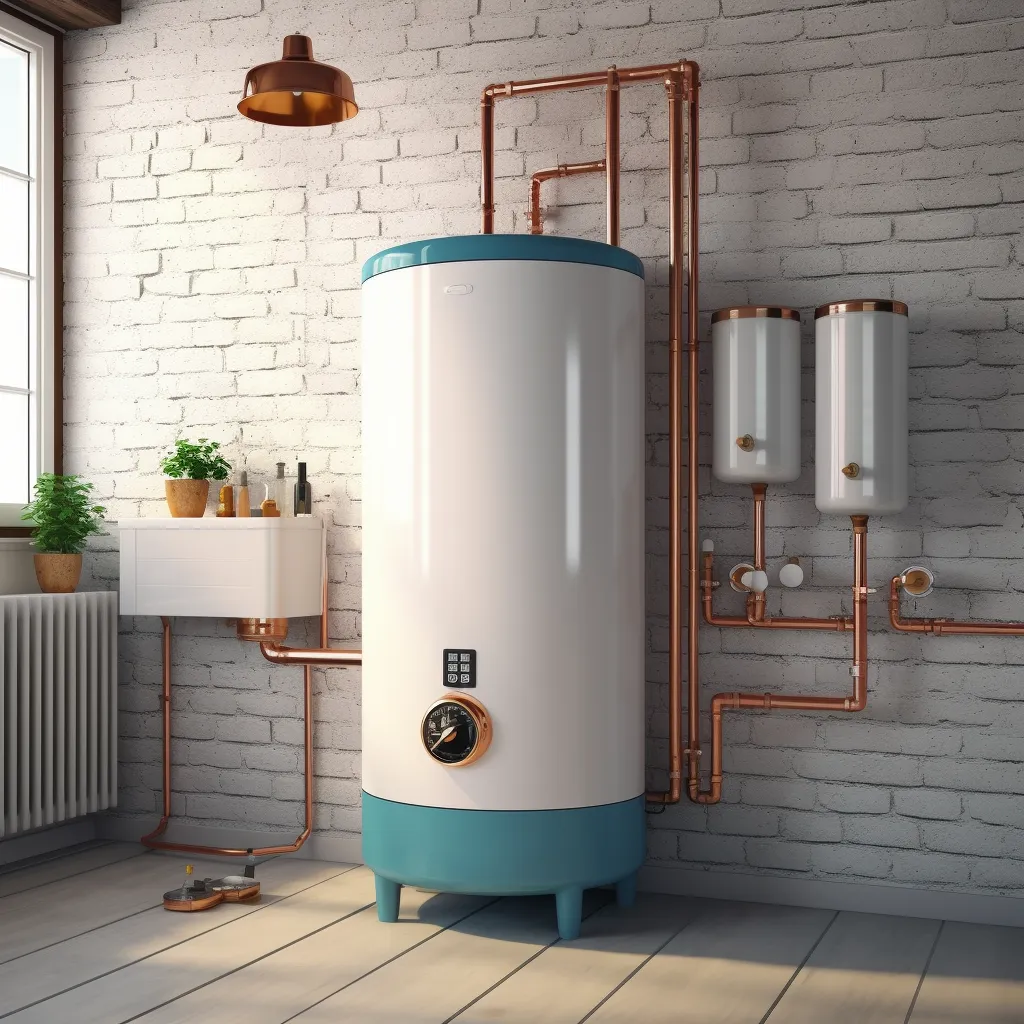
What is the lifespan
of a tankless water heater?
Tankless water heaters offer a cost-effective solution for long-term use. With proper maintenance, these units can have an average lifespan of 15-20 years. Their popularity continues to grow, and ongoing advancements in technology are likely to enhance their performance even further.
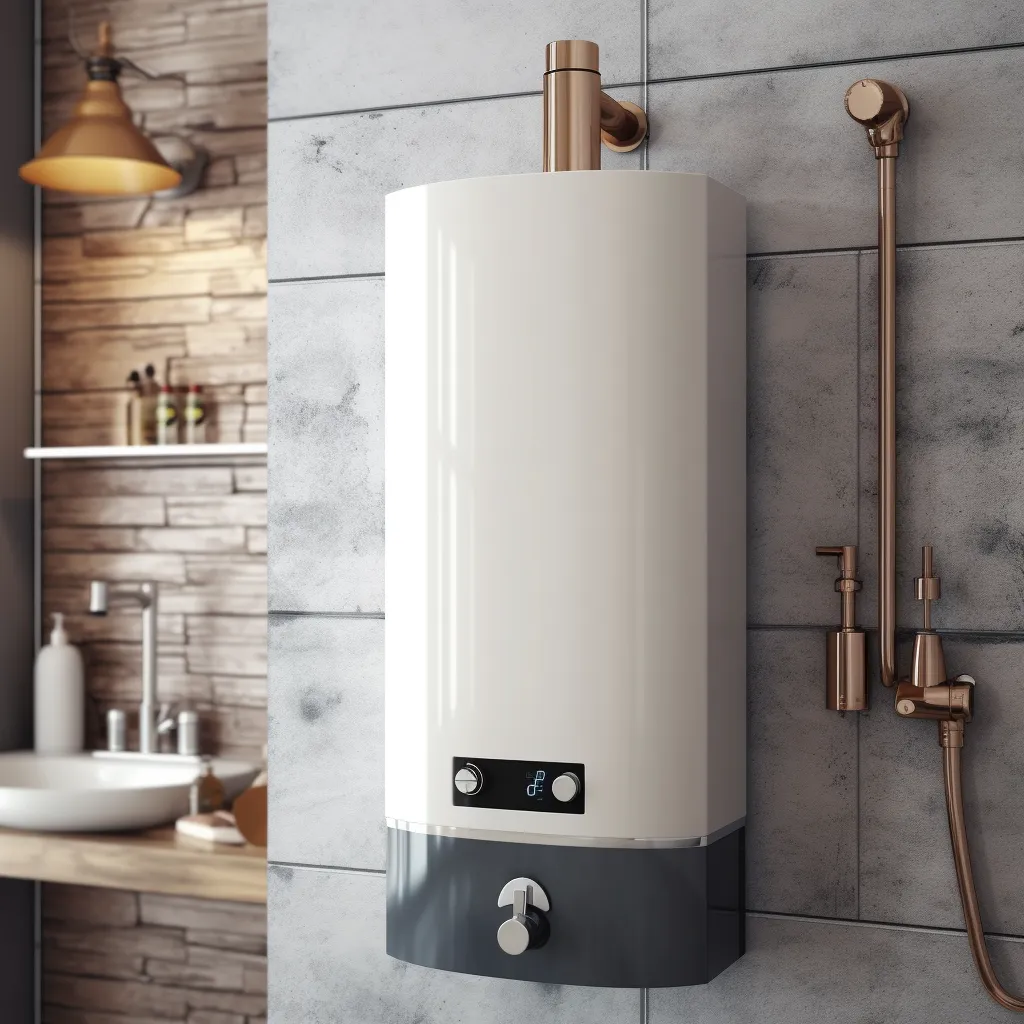
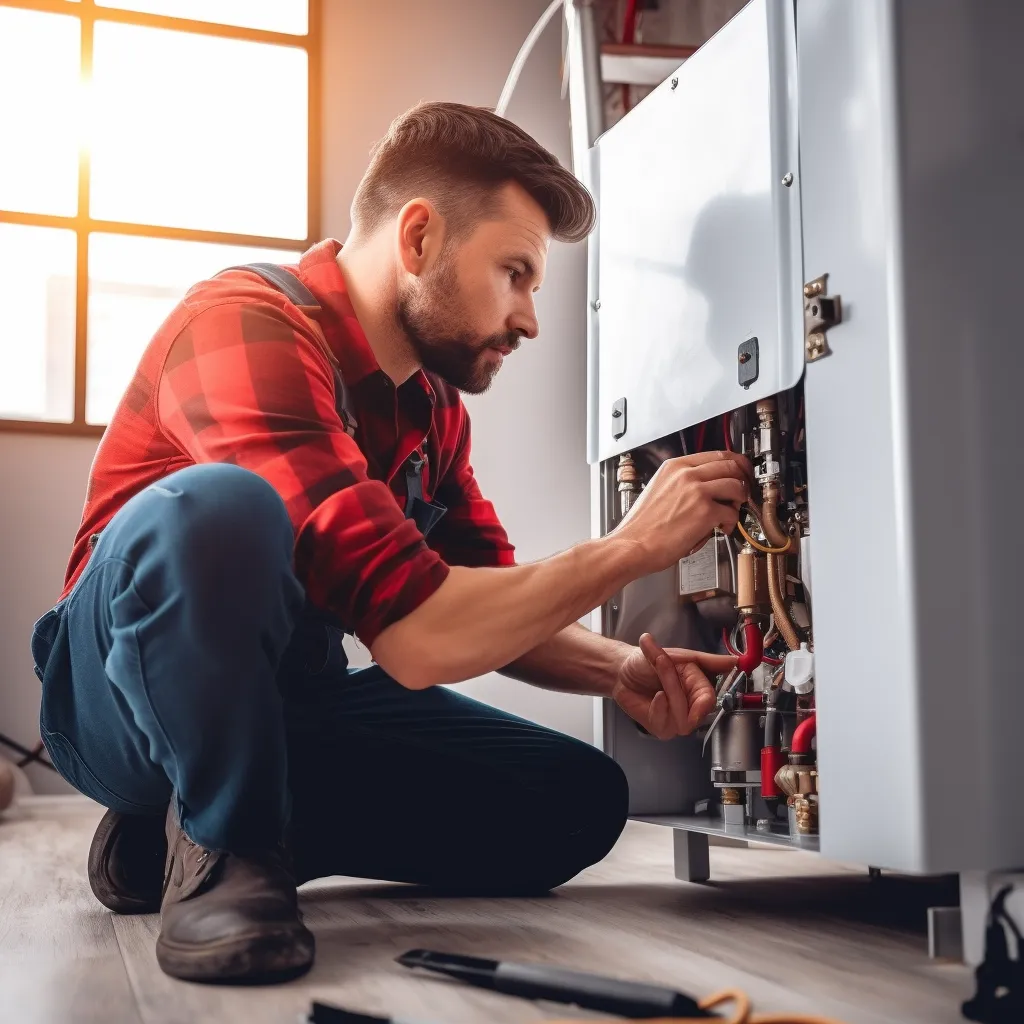
Gas vs electric water heaters
When choosing a water heater, consider gas or electric options. Gas models heat water faster and have lower operating costs but require maintenance and a gas line. Electric models are easier to install but may have higher operating expenses and slower heating times. The choice depends on your needs and preferences.
How to decide if a tankless or a tank water heater
is right for you
To determine whether a tankless or tank water heater is the best fit for your needs, take into account the following factors:

Keep in mind that tankless water heaters typically have a higher upfront cost compared to traditional tank models. Consider the additional expenses associated with installation and maintenance.
Assess your hot water usage needs. Tankless water heaters are well-suited for continuous hot water demands, while tank models may be sufficient for lower usage and demand.
Compare the energy efficiency ratings of both tankless and tank water heaters to determine which option can provide better energy savings over time.
Consider the climate in your area. Tankless water heaters are suitable for extreme temperatures, while tank water heaters are often more appropriate for milder climates.
Space availability: If space is limited, tankless water heaters are advantageous as they require less space compared to tank models.

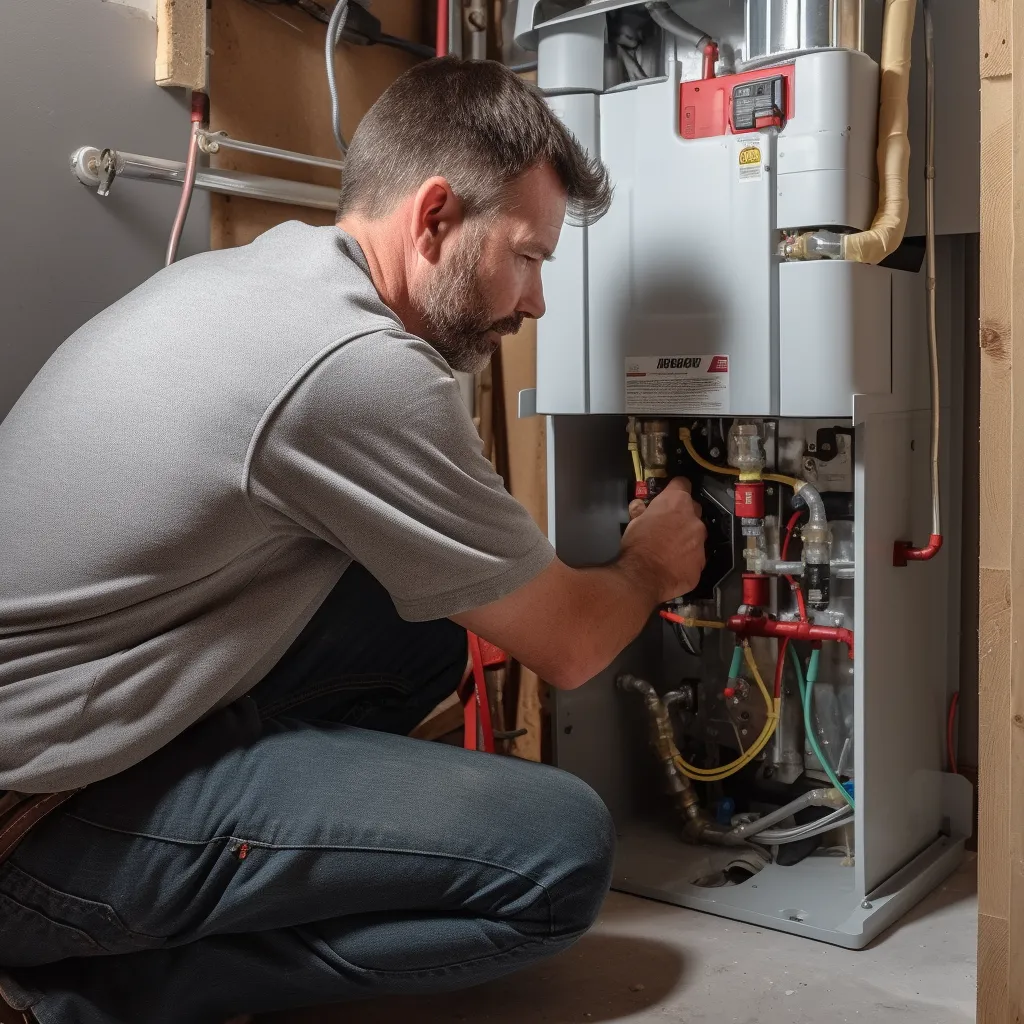
Is it important to hire a licensed professional?
Installing a new water heater is best done by a licensed professional who can ensure compliance with building codes and provide expert advice on the appropriate type and size for your needs. Hiring a professional not only helps avoid potential hazards but also provides peace of mind knowing that the installation is handled correctly and safely.

Researching tankless vs tank water heaters
is important
When choosing a water heater for your home, you'll need to decide between a tank or a tankless model. To make an informed decision, consider your specific requirements, budget, and installation needs. Take the time to thoroughly research and evaluate these factors before reaching a conclusion. Installing a new water heater can have a significant impact on your home, reducing energy costs and providing hot water whenever you need it. It's important to research different types of units, including their energy efficiency ratings, to make an informed choice. Best of luck in the decision-making process!
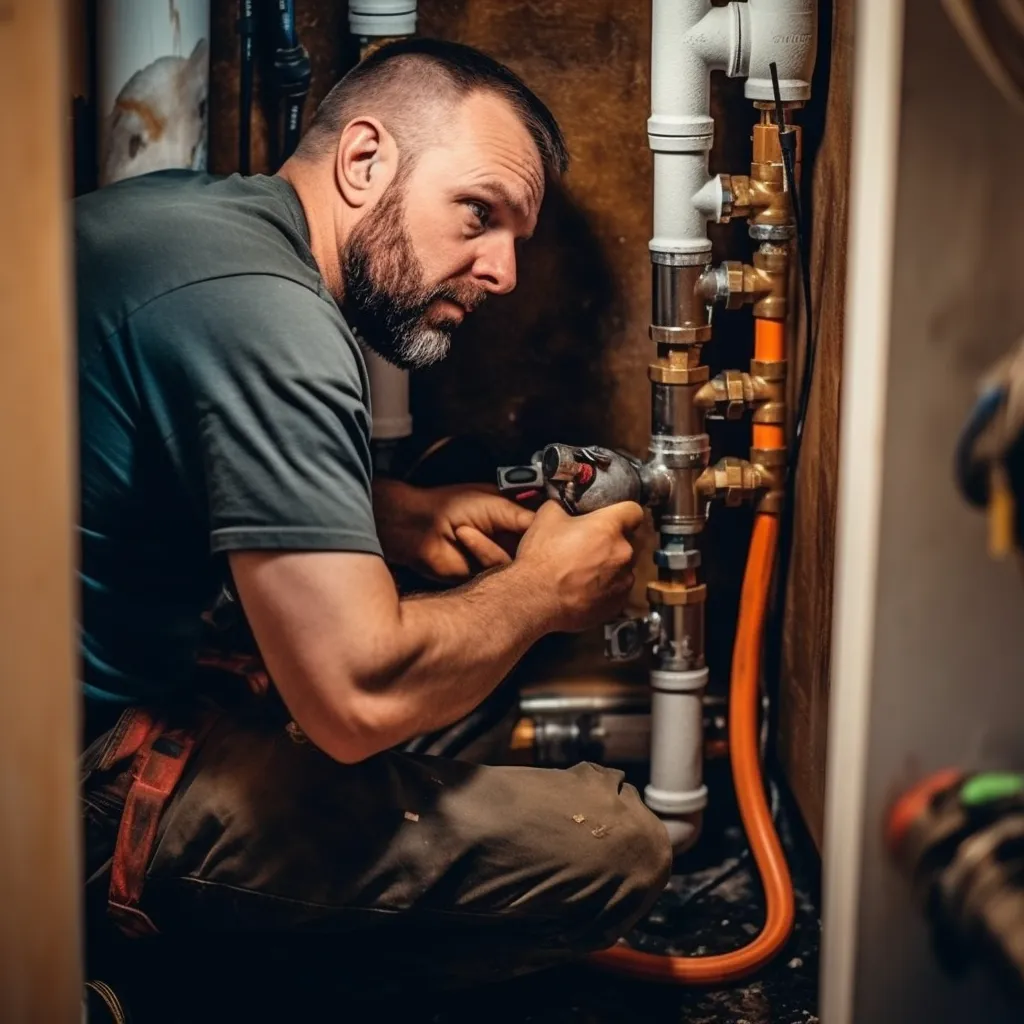
Contact Us
GET IN FULL TOUCH
PHONE: (831) 604-3132
EMAIL:
Gregory@waterheaterseaside.com
Family Home Plumbing Services
Seaside, CA 93955
